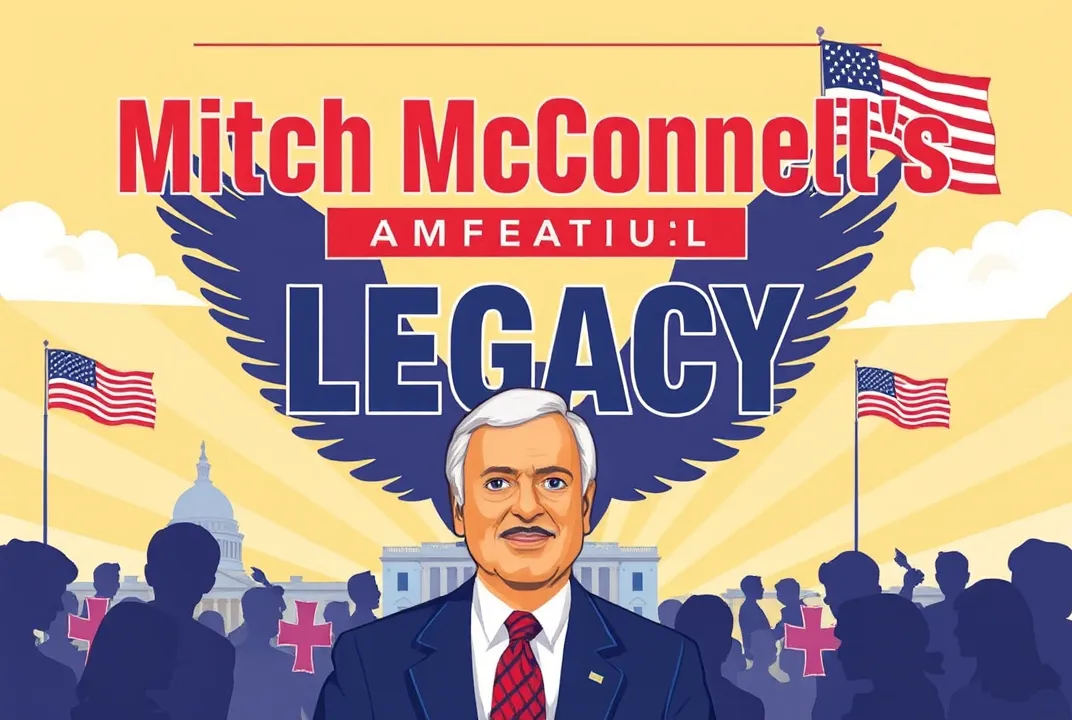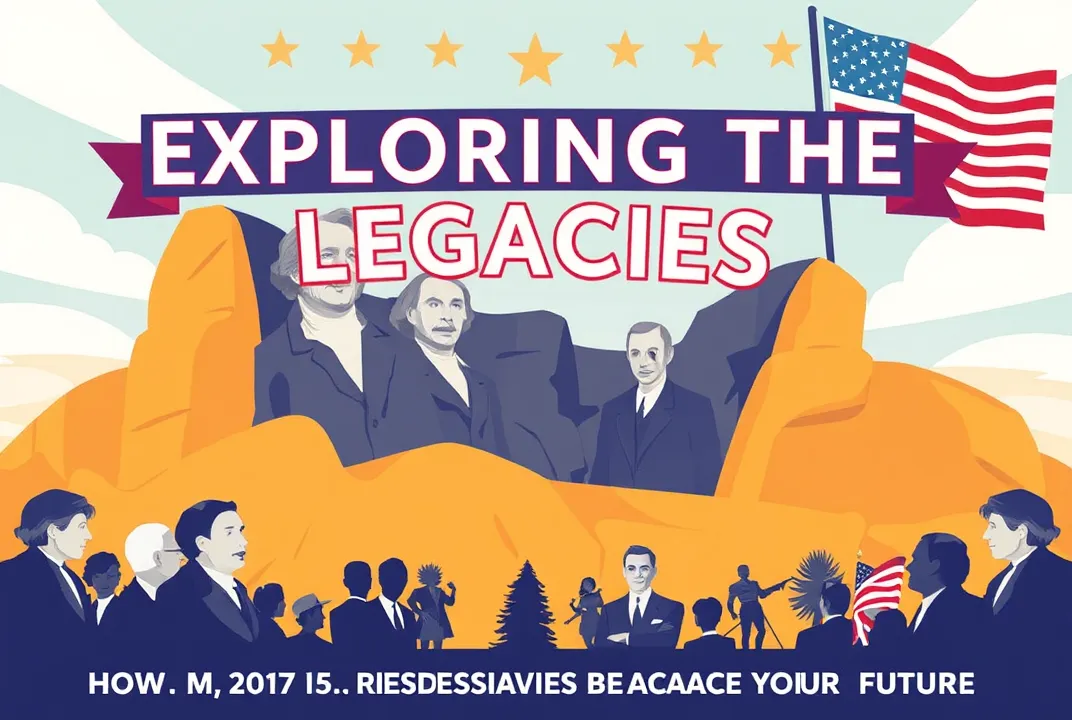Introduction
Mitch McConnell, a name that resonates through the halls of American politics, has been a central figure in shaping the landscape of the United States for decades. As the longest-serving Senate Republican leader, his legacy is marked by significant achievements, strategic maneuvers, and contentious moments. With the political climate continually evolving, understanding McConnell's impact on contemporary politics offers crucial insights into the future direction of American governance. This article will explore McConnell's career, the moments that defined his leadership, and the implications of his legacy in shaping the future of American politics.
A Political Journey
Early Years and Rise to Power
Mitch McConnell was born on February 20, 1942, in Sheffield, Alabama. He earned his law degree from the University of Kentucky and began his political career in the late 1960s. His initial foray into politics began with a role as a legislative assistant to Senator Marlow Cook. By 1984, he was elected to the U.S. Senate, representing Kentucky. His rise came amidst a shifting political landscape, as the GOP sought to regain prominence following the tumultuous 1970s.
The Senate Leadership
After serving in various capacities, including as the Senate Republican whip, McConnell ascended to the role of Senate Minority Leader in 2007. His leadership style was characterized by a disciplined approach, strategic use of Senate rules, and a focus on party unity. In 2015, he became the Senate Majority Leader, a position that granted him immense power, especially in shaping legislation and judicial appointments.
Defining Moments
The ACA and the Fight for Health Care Repeal
One of McConnell’s most significant challenges came with the Affordable Care Act (ACA). As a vocal opponent of the ACA, he played a crucial role in the Republican effort to repeal and replace the health care law during the Trump administration. In 2017, despite efforts, the repeal failed in dramatic fashion with the pivotal vote cast by Senator John McCain, resulting in a setback for the Republican agenda. This moment highlighted the difficulties of governing amidst diverse party factions and set the tone for future negotiations.
Judicial Appointments: A Lasting Impact
Perhaps McConnell's most enduring legacy lies in his handling of judicial nominations. He famously refused to hold a hearing for President Obama's Supreme Court nominee, Merrick Garland, in 2016. This decision was a strategic maneuver that not only shifted the ideological balance of the Supreme Court but also galvanized Republican voters ahead of the 2016 election. Following Trump's election, McConnell efficiently pushed through a record number of judicial appointments, fundamentally reshaping the federal judiciary. His efforts resulted in a lasting conservative influence that will affect American law for generations.
The Capitol Riot and Aftermath
The January 6, 2021, Capitol riot was another critical moment in McConnell's career. Following the events of that day, his public condemnation of both the rioters and former President Trump positioned him as a figure of moderation within a deeply divided party. He later voted to acquit Trump in the impeachment trial, illustrating the complex balancing act he had to perform amid internal party tensions.
Analyzing the Legacy
Political Strategy and Partisanship
McConnell’s political strategy has been characterized by a profound understanding of legislative process and party dynamics. His ability to navigate and wield Senate rules to his advantage has redefined the leadership role. Critics argue that his tactics have exacerbated partisanship, creating an environment where bipartisan cooperation has become increasingly elusive.
Influence on GOP Ideology
McConnell’s legacy is also intertwined with the ideological trajectory of the Republican Party. He has been instrumental in shifting the party towards a more populist, Trump-centric identity while simultaneously maintaining traditional conservative values. His leadership reflects a tension between these factions, and how he resolves this tension will significantly influence the party's future.
The Future of American Politics
The Next Generation of Leaders
As McConnell navigates the later years of his career, questions arise about the future leadership within the GOP. Younger, more diverse voices are emerging, and the party faces challenges in adapting to a changing demographic landscape. McConnell's ability to mentor and influence the next generation of Republican leaders will be critical in shaping the party’s identity moving forward.
The Role of Bipartisanship
Looking ahead, the question remains: Can McConnell’s style of leadership pivot towards a more collaborative approach? With the growing polarization in Congress, future leaders will need to find ways to engage in bipartisan efforts while remaining true to their party's core principles.
Conclusion
Mitch McConnell’s legacy is multifaceted, encompassing significant achievements in legislative strategy, judicial appointments, and party leadership. As American politics continues to evolve, his influence will undoubtedly resonate through the decisions made in the coming years. Whether viewed through the lens of triumph or controversy, McConnell’s career embodies the complexities of leadership in a divided political environment. As we look to the future, understanding his legacy will be crucial for anyone seeking to comprehend the trajectory of American governance. The political landscape may shift, but the foundations laid by leaders like McConnell will continue to shape the conversations and decisions that define the nation.


 Pam Bondi: Unveiling the Impact of a Legal Titan on Modern Politics
Pam Bondi: Unveiling the Impact of a Legal Titan on Modern Politics
 Exploring the Legacies: How U.S. Presidents Shaped America's Future
Exploring the Legacies: How U.S. Presidents Shaped America's Future
 Exploring the Rise of RFK Jr: A New Wave in American Politics
Exploring the Rise of RFK Jr: A New Wave in American Politics